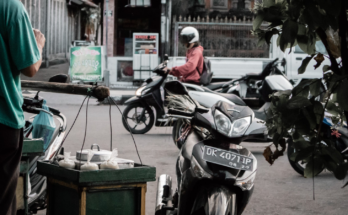It has been a year since a poorly planned and violently implemented lockdown led to the forced displacement of migrant workers from our cities. Countless stories of violence, hunger, death and apathy were reported, and many continue to face precarity, unemployment and uncertainty even today. Many issues related to denial of rights, legal protection and recognition continue to plague the government’s response and recovery plans.
One among them is the absence of a gender lens in addressing the vulnerabilities and insecurities faced by migrant workers. This gap, among many others, seems to persist in the first draft of NITI Aayog’s National Policy on Migrant Workers.



